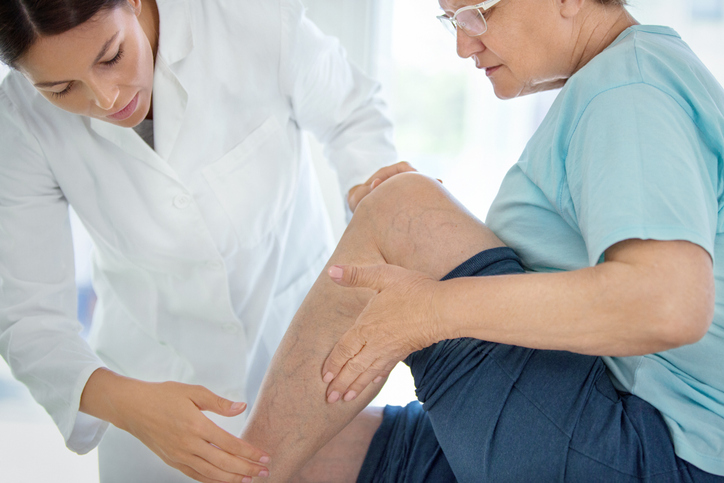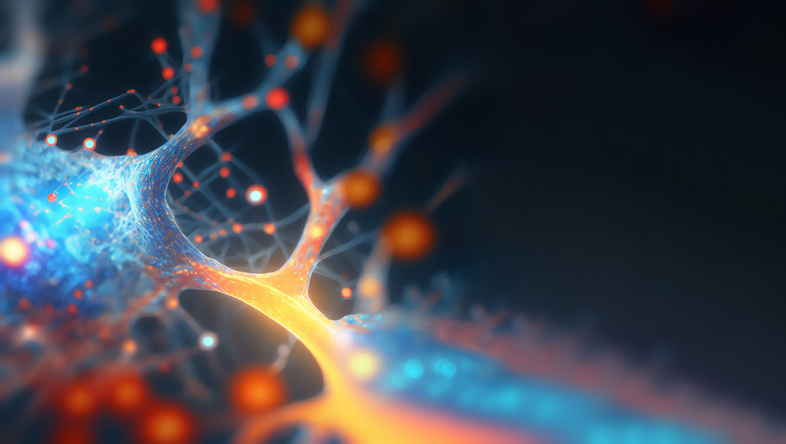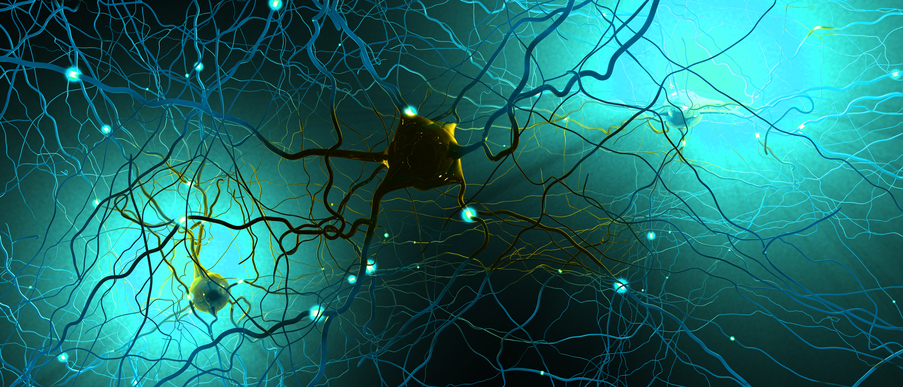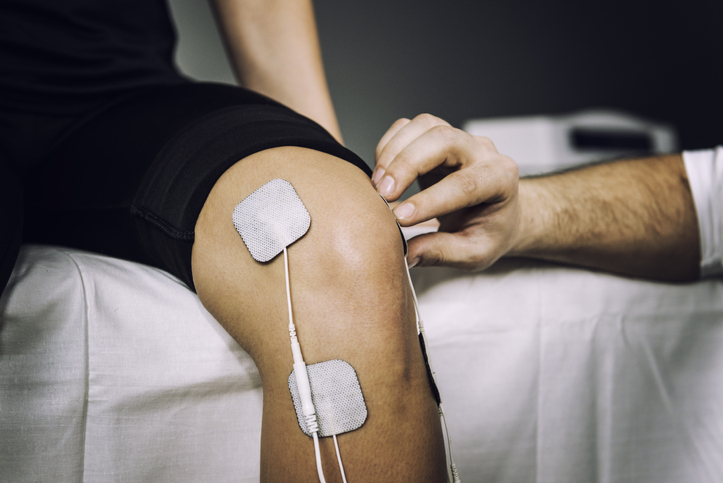Pain
The Varied Symptoms of Neuropathy

322 people found this helpful
Print
Share
Save
Neuropathy symptoms depend on the cause of the condition and the location of the affected nerves. Because the causes and locations of neuropathy are diverse, the symptoms of neuropathy vary. Symptoms depend on the type of nerves that are affected: sensory, motor or autonomic.
- Numbness or tingling
Numbness or tingling sensations may occur near the nerves affected by neuropathy. This often begins in the extremities and can gradually progress to the center of the body. It occurs when nerves that carry sensation messages (touch, pain, temperature) are damaged or impaired. - Localized pain
Neuropathy can cause sharp or shooting pains, especially in the legs. Something as simple as a light touch may also cause pain. - Loss of balance
People with peripheral neuropathy may lose their balance. This occurs due to loss of sensation in the feet or legs. - Abnormal walking gait
Neuropathy can cause an abnormal gait due to dysfunction of the motor or sensory nerves. Symptoms may include dragging feet, a stooping walk, or a lopsided shuffle when walking. - Muscle cramping
Peripheral neuropathy may cause dysfunction to motor nerves, which results in muscle cramps even with the slightest exertion. - Muscle weakness
Muscle weakness may occur along with muscle cramping. Small movements that require precision, such as buttoning a shirt or picking up an object, may be difficult. - Gastrointestinal issues
Digestive disorders may occur when neuropathy affects the autonomic nerves in the body, which control involuntary actions. Symptoms may include bloating, flatulence, constipation and heartburn. - Dizziness, lightheadedness or fainting
Autonomic nerves also control blood pressure. When autonomic neuropathy occurs, it may cause quick changes in blood pressure, leading to blurred vision, fainting, dizziness, heart palpitations, or fatigue. - Other symptoms
Other symptoms of neuropathy include, but are not limited to, eye pain, sweating, heat intolerance, loss of bladder and bowel control, double vision, difficulty concentrating, and impotence.


















